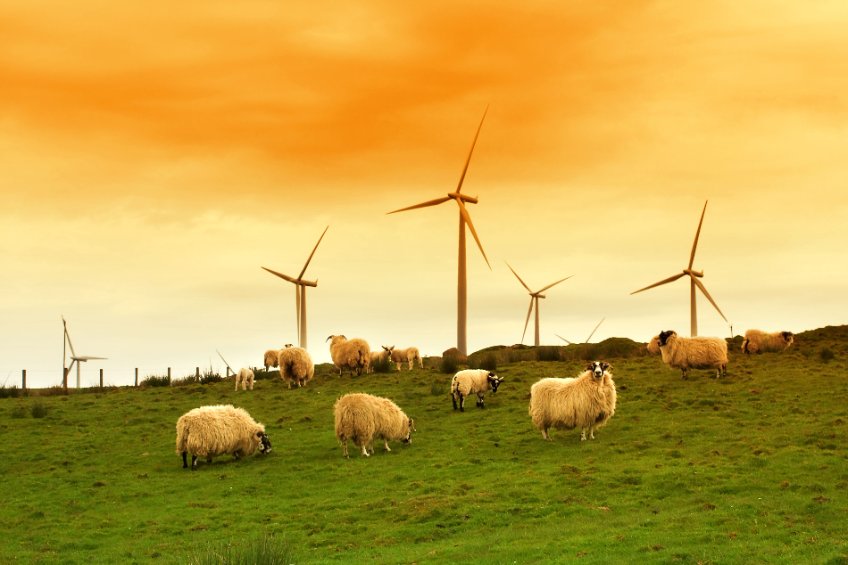New research network to help UK agri-food industry reach net zero

A novel network of researchers funded to the tune of £5m is set to help the UK’s agri-food industry move one step closer to net zero.
The network will bring UK researchers together to explore ways to support the industry to reduce its greenhouse gas emissions.
The three-year project will explore how the journey from farm to fork could be made more sustainable, helping to meet the government’s goal of net zero by 2050.
The network will be led by a team of four researchers: Dr Angelina Sanderson Bellamy of the University of the West of England, Professor Tim Benton of the University of Leeds, Professor Sarah Bridle of the University of York, and Professor Neil Ward of the University of East Anglia.
It will also bring together farming industry leaders, government and members of the public.
According to the latest research, the UK’s agri-food industry is responsible for almost a quarter of the country’s greenhouse gas emissions.
The agri-food industry is more than farming alone and involves the whole journey from the farm to the plate and beyond, including manufacturing, retail, consumption and waste management.
The four researchers say that efforts to reduce the industry’s greenhouse gas emissions therefore needs expertise from across a range of research disciplines.
The agricultural, biological, natural, environmental, physical, engineering, economic and social sciences all have a role to play, they say.
Dr Angelina Sanderson Bellamy, project co-lead, said: “This is a hugely important and exciting initiative and we are thrilled to have the opportunity to build a network to move the agrifood system towards net zero.
"The scale and urgency of the challenge means the old ways of establishing and settling upon research priorities will not do.
"It is vital that researchers and stakeholders come together in a spirit of openness and collaboration, and with real urgency, to mobilise ideas and resources around advancing the transition.
“We are really pleased to have been able to bring together such an extensive network team around a shared vision and plan of action. The 2020s is the decade of action.
"The three-year period of this project will be absolutely critical for the decade and jump-starting coordinated research and action."
Led by the Engineering and Physical Sciences Research Council, UK Research and Innovation and four of its research councils have joined forces to provide the funding for the network.








